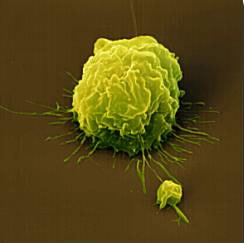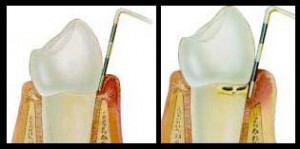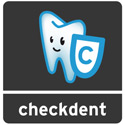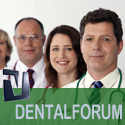I part one you read all about how defensines affect our overall health, but the connection is even more complex!
Our cells use various substa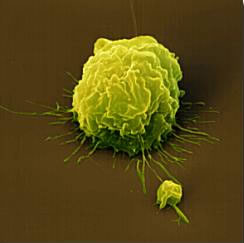 nces to communicate with each other – the general term being “cytokines“. These cytokines activate signal paths in the cells.
nces to communicate with each other – the general term being “cytokines“. These cytokines activate signal paths in the cells.
–
You can look at it this way: Cell A (an immune cell) tells Cell B (a cell in the mucous membrane of the mouth) – “produce more mucus, since there are bacteria around”. But Cell A does not really speak to Cell B, but pours out signal molecules – called cytokines.
–
Like a key and lock system, these cytokines activate signal paths in Cell B which lead to an increased production of mucus. Think of these signal paths as a factory, in which the boss gives an instruction to the foreman, who then proceeds to shout it into a microphone. The employees hurry up and change into their uniforms, etc. … this is exactly what takes place in the cell – a cascade of signals. When the cascade is over, the organelles in the cell produce more mucus!
–
Researchers have discovered that in cases of periodontitis, bacteria in the gum pockets activate the same signal paths as are activated in oral cancer,so there is very likely to be a connection between these illnesses.
–
Source: 2009_ Parodontitis Mundkrebs und Allgemeingesundheit (periodontitis, oral cancer and overall health)

